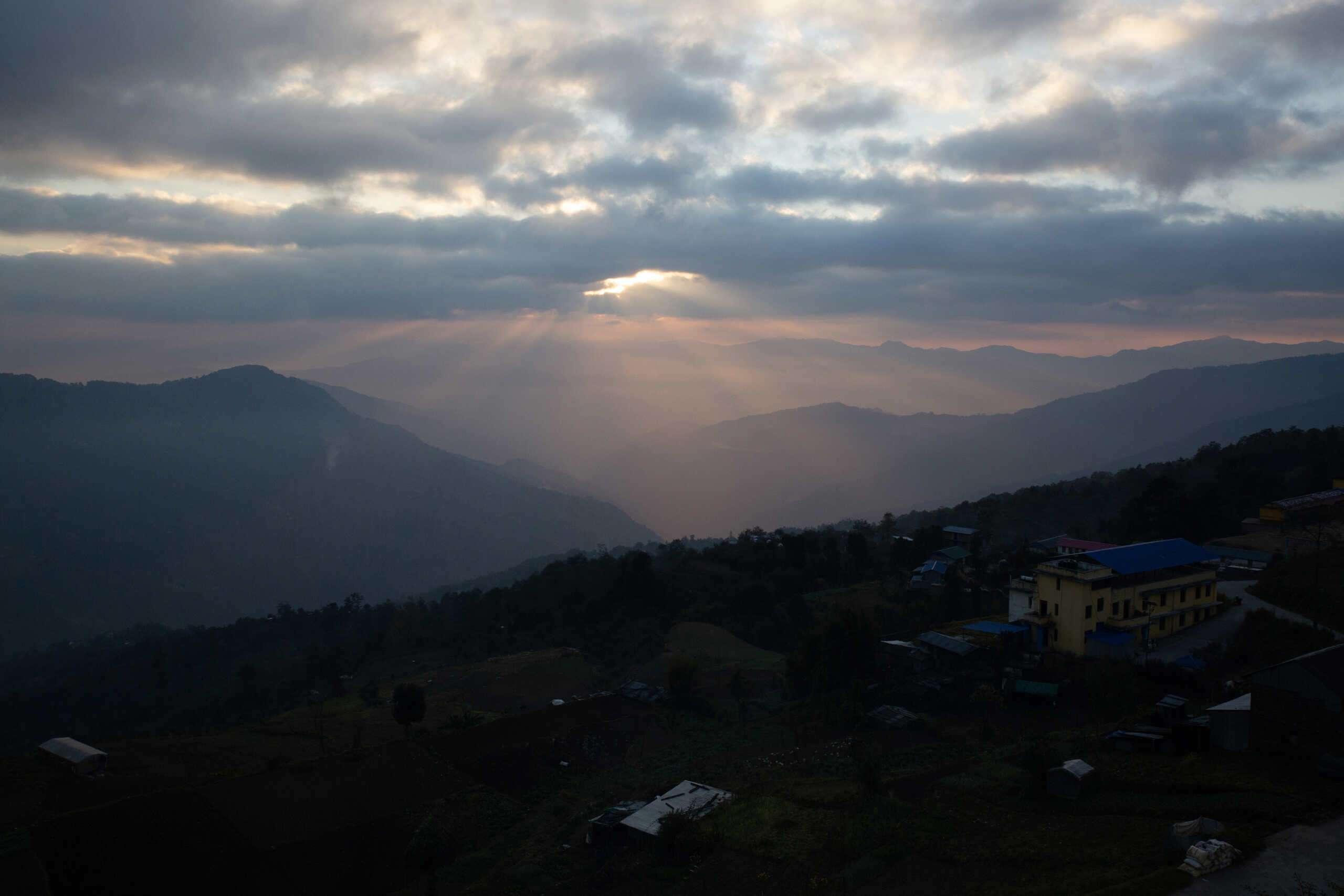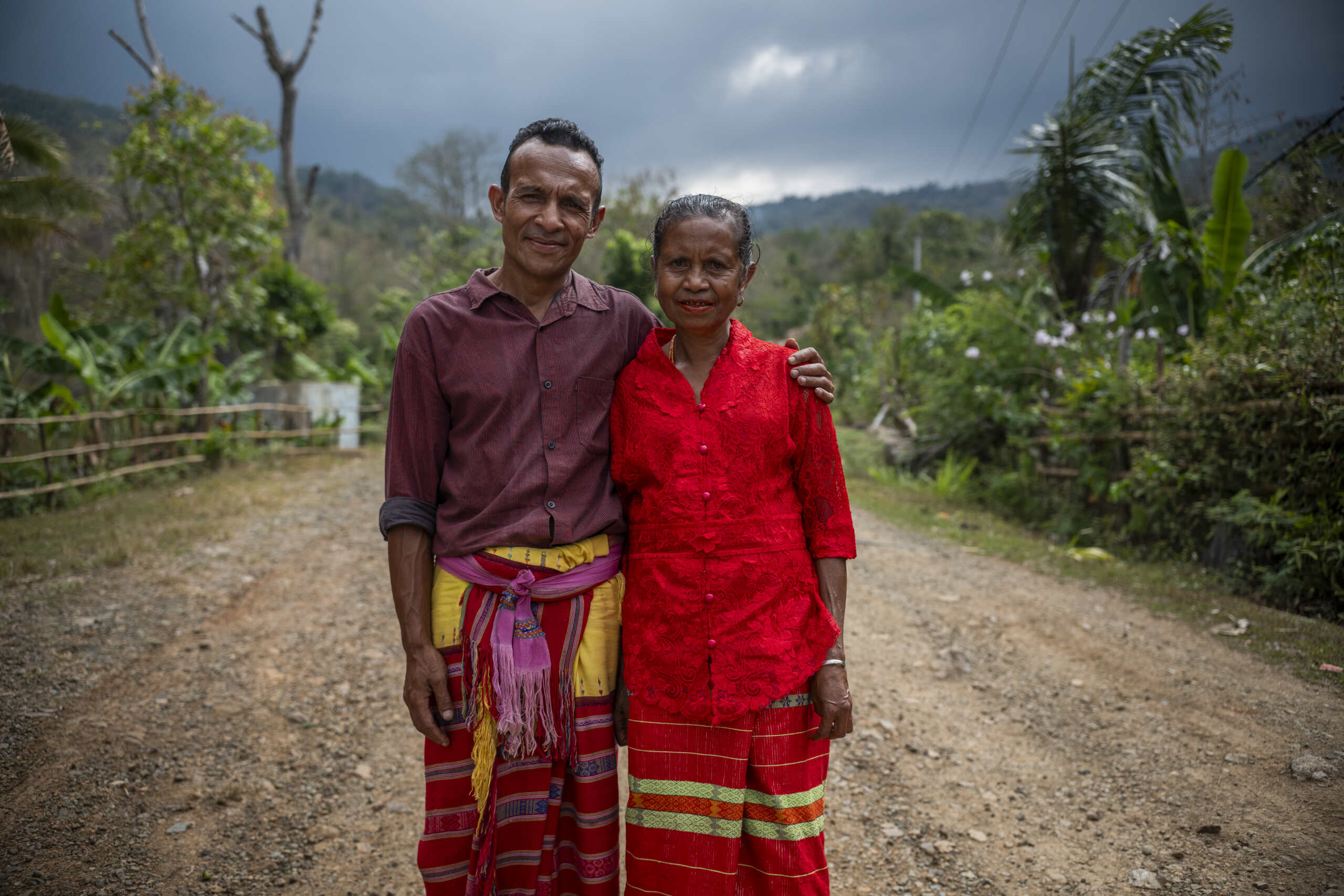Seeing the Future: Improving Eyesight in Refugee Camps
Stories | June 15, 2021
Seeing the future – improving eyesight in refugee camps
Kabir is a Rohingya man living in a refugee camp in southern Bangladesh, with his four sons and eight daughters.
Prior to seeking refuge in Bangladesh, Kabir lived in Myanmar, where he worked as a tailor – something he has done since he was 14.
In 2017 however, Kabir and his family became caught in the ethnic violence and discrimination that flared up in southern Myanmar. Forced to flee their burning home, Kabir and his family crossed the border into Bangladesh, and eventually ended up in the Ukhiya refugee camp.
Living in Ukhiya, Kabir and his family soon found themselves fully dependent on relief goods. However, as food handouts hardly met the needs of his large family, Kabir began working as a tailor again, selling clothes to Rohingya people in the camp. Unfortunately, this work was again interrupted as his eyesight declined and he found himself struggling to see the finer details of his work. Kabir hoped that the glasses he bought at the local market would help him get back to work. It didn’t. And not being able to find a solution to his eye problem made him depressed.
Kabir’s hope was restored as he was contacted by a community worker from the Centre for Disability in Development (CDD) – one of CBM’s local partners, who was running an eye and hearing screening. Kabir was assessed by an eye specialist and measured up for corrective glasses. CBM has been supporting CDD to improve the health and wellbeing of those living in the refugee camps in Cox’s Bazar, by improving access to basic health, rehabilitation and psychosocial services, and increasing disability inclusions.
With the right glasses, Kabir’s sight improved and his confidence grew. While many Australians might not realise that refugees can open shops and run businesses in refugee camps, that is exactly what Kabir did. Kabir returned to work. Slowly his work increased, and once again Kabir was able to provide for his 12 children.
“Now I am having huge workloads due to a lot of demand. Even I have engaged my son in my shop to meet the demands,” laughs Kabir.
While the future is still uncertain for millions of refugees like Kabir, ensuring they have access to adequate health care services is not only crucial to their health and mental wellbeing, but it is also a basic human right that no one, refugee or not, should go without.
You can help people like Kabir, by making a donation. Click here to donate.
https://www.cbm.org.au/stories/seeing-the-future-improving-eyesight-in-refugee-camps
Related Stories

Building inclusive, climate resilient communities in Bangladesh
Highlights from DFAT Post’s visit In January 2026, representatives from the Australian High Commission in...

Week 1 – Lent series 2026
As we enter the season of Lent, we’re taking time as a community to pause, reflect, and draw closer to the heart of God. Lent invites...

How CBM is making a difference in Indonesia
For more than 45 years, CBM Global has been working alongside communities in Indonesia to ensure people with disabilities...
